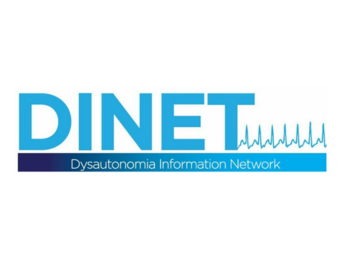
Patient Resources
Get a referral to our clinic, find doctors in your area, and connect with other patients
Get Referred to the Calgary Autonomic Investigation & Management Clinic
You and your family doctor or specialist will need to follow the steps below to request a clinic appointment with Dr. Satish Raj in Calgary.
Please note that patients must be assessed by Dr. Raj prior to participation in any of our research studies.
Collect Relevant Information
Compile a list of current medications and orthostatic vital signs.
Orthostatic vital signs must include blood pressure and heart rate in the following positions:
1. Lying down
2. Seated
3. Standing for 1 minute
4. Standing for 3 minutes
5. Standing for 5 minutes
6. Standing for 10 minutes
Send a Referral Letter
Please have your physician fax a referral letter to the Cardiac Arrhythmia Central Access and Triage
Fax: 403-592-4241
This letter should include:
1. Pertinent consultation notes
2. Cardiac test results
3. Current list of medications
4. Orthostatic vital signs
It is critical that orthostatic vitals be taken as listed in step 1.
Undergo Referral Review
Dr. Raj will review the physician referral letter and determine if you:
1. Qualify for the Autonomic Investigation and Management Clinic
2. Require additional autonomic function testing
3. Qualify for our research studies
You will be notified of Dr. Raj's assessment decision.
Book an Appointment
A member of Dr. Raj's team will contact you to book a clinic appointment and/or additional testing. If you are eligible to participate in our research studies, a nurse will contact you with more information.
In the event that you do not qualify for clinic, a letter will be sent to the referring physician explaining why.




